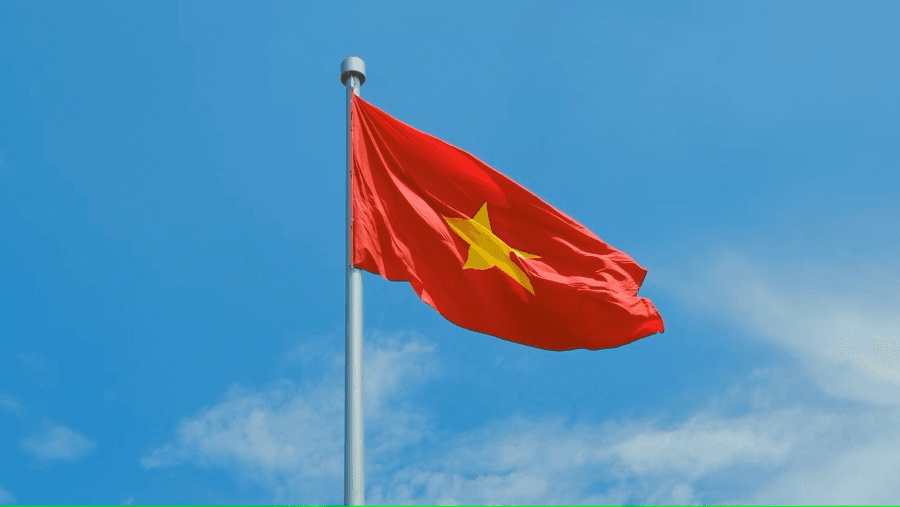


The Thai government's decision to promote the legalization of casinos has attracted widespread attention and has generated different reactions at home and abroad.

The Thai government's decision to promote the legalization of casinos has attracted widespread attention and has generated different reactions at home and abroad. The government believes that the legalization of casinos is a key step in promoting economic growth, while China has expressed concerns about this policy, believing that it may bring about a series of social problems. Against this background, the Thai government is currently facing a difficult decision - how to find a balance between economic development and social stability.
The Thai government’s economic considerations
The fundamental motivation for the Thai government to promote the legalization of casinos is economic development. In recent years, the Thai economy is in a critical period of recovery and transformation. As an important pillar of Thailand's GDP , the government urgently needs to find new growth points. Casinos, as an industry that can attract a large number of international tourists, are regarded as an important " economic engine " to promote economic recovery .
According to the government's plan, casinos in Thailand will not only be gambling venues, but also " entertainment complexes " that integrate entertainment, business, leisure and other functions . Thailand believes that legalizing casinos will help regulate the underground casino market, and the government can create jobs, improve infrastructure construction and drive the development of surrounding businesses through taxation and the establishment of regulatory mechanisms.
The draft of the casino bill in Thailand stipulates that the area of casinos can only occupy less than 10% of the total area of comprehensive entertainment venues . In addition, the government has set strict entry thresholds, such as no one under 20 years old can enter the casino, and Thai citizens need to pay an entrance fee of 5,000 baht, etc. These measures are aimed at reducing gambling problems among low-income groups.
Economists predict that opening casinos will bring considerable tax revenue to the Thai government, possibly tens of billions of baht in additional revenue. In addition, the legalization of casinos can also promote the development of tourism and related industries, and enhance Thailand's competitiveness in the global tourism market.
The Chinese government’s cautious approach
In contrast to Thailand's optimism, the Chinese government has expressed strong concerns about the legalization of casinos. China has always maintained a zero-tolerance attitude towards gambling, and gambling is strictly prohibited in the mainland except for the Macao Special Administrative Region. The Chinese government believes that casinos may cause a series of social problems, including family bankruptcy, gambling addiction, underworld infiltration, money laundering, fraud, etc. These problems not only affect individuals, but may also endanger social stability and security.
In addition, the Chinese government is also concerned about the cross-border gambling problems that Thai casinos may bring. If Chinese gamblers flock to Thailand in large numbers, it may lead to rampant underground gambling and cross-border financial activities, which poses a threat to China's domestic financial supervision and social order. Therefore, the Chinese government is very cautious about the legalization of Thai casinos, especially on how to manage and regulate the outbound travel of gamblers.
At the same time, the economic recovery of Thailand's tourism industry is also heavily dependent on Chinese tourists. If the Chinese government restricts its citizens from traveling to Thailand, this may have a reverse impact on Thailand's tourism industry and even affect overall economic growth. Therefore, the Thai government must take into account the relationship between China and Thailand, as well as the Chinese government's attitude towards this policy.
Thailand's dilemma
The position of the Thai government has been made clear that the decision to legalize casinos is more based on economic interests. Although the legalization of casinos will bring certain economic benefits, the possible social risks and the impact of foreign relations make the implementation of this policy challenging.
If Thailand continues to push ahead with the legalization of casinos, it will face pressure from both the domestic and international communities. Domestic opposition may raise objections over ethical, religious, and moral issues, while the Chinese government may impose restrictions on national travel to Thailand, which will affect Thailand's overall tourism and economic growth.
However, if this plan is abandoned, Thailand will miss out on a potential source of economic growth, and the problem of underground gambling may continue to flourish, leaving the government unable to effectively regulate and profit from it.
The Thai government is still adjusting its policy and plans to review it in Parliament. The ability to balance the conflict between economic development and social issues through strict regulatory measures will be the key to the successful implementation of the Thai Casino Act.














